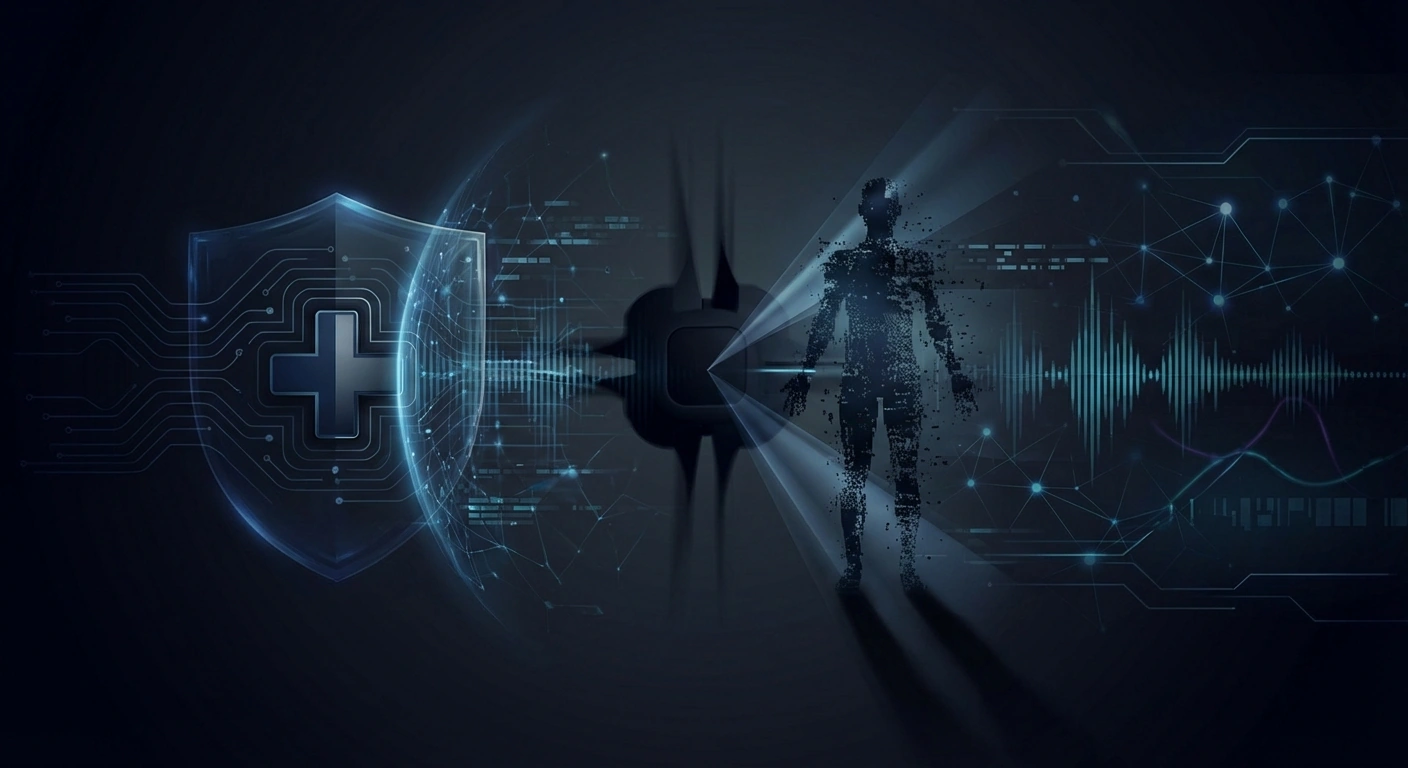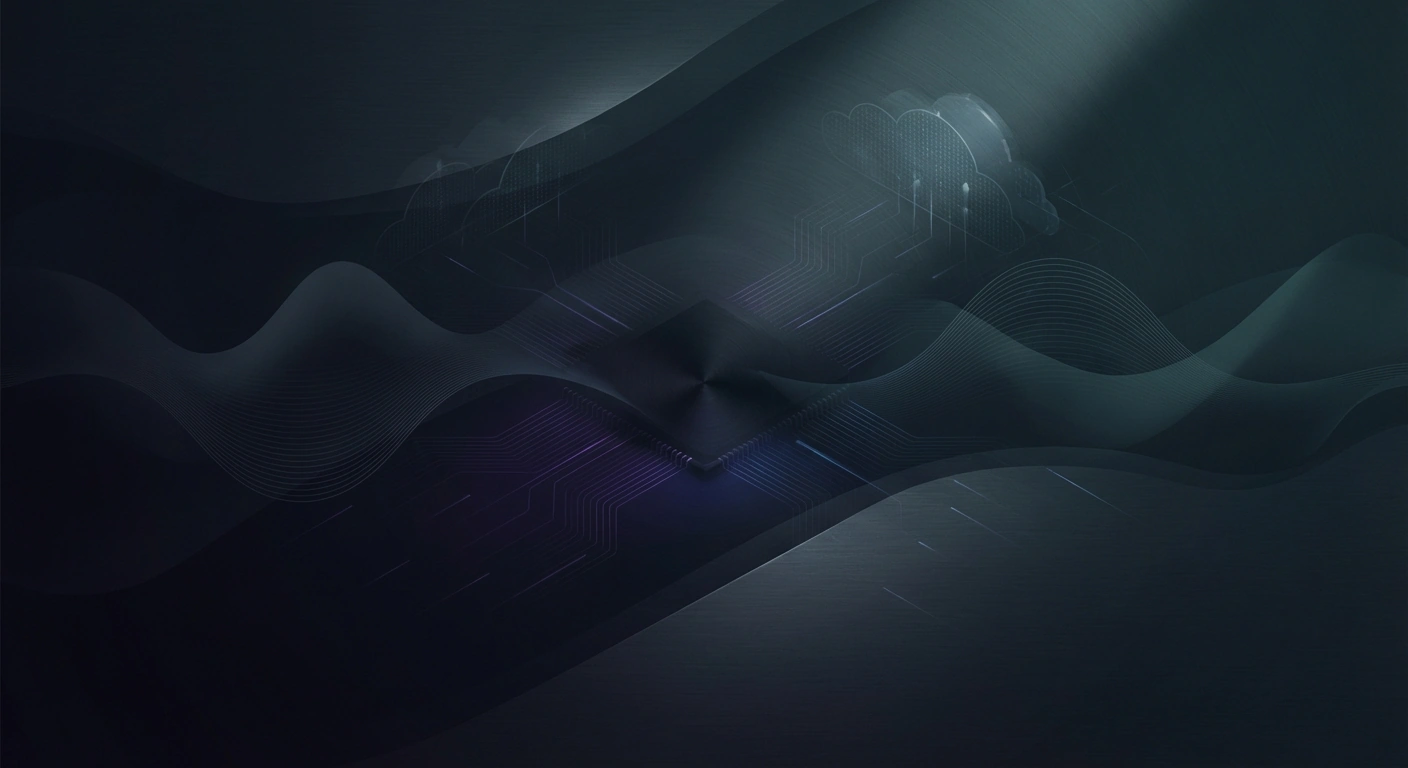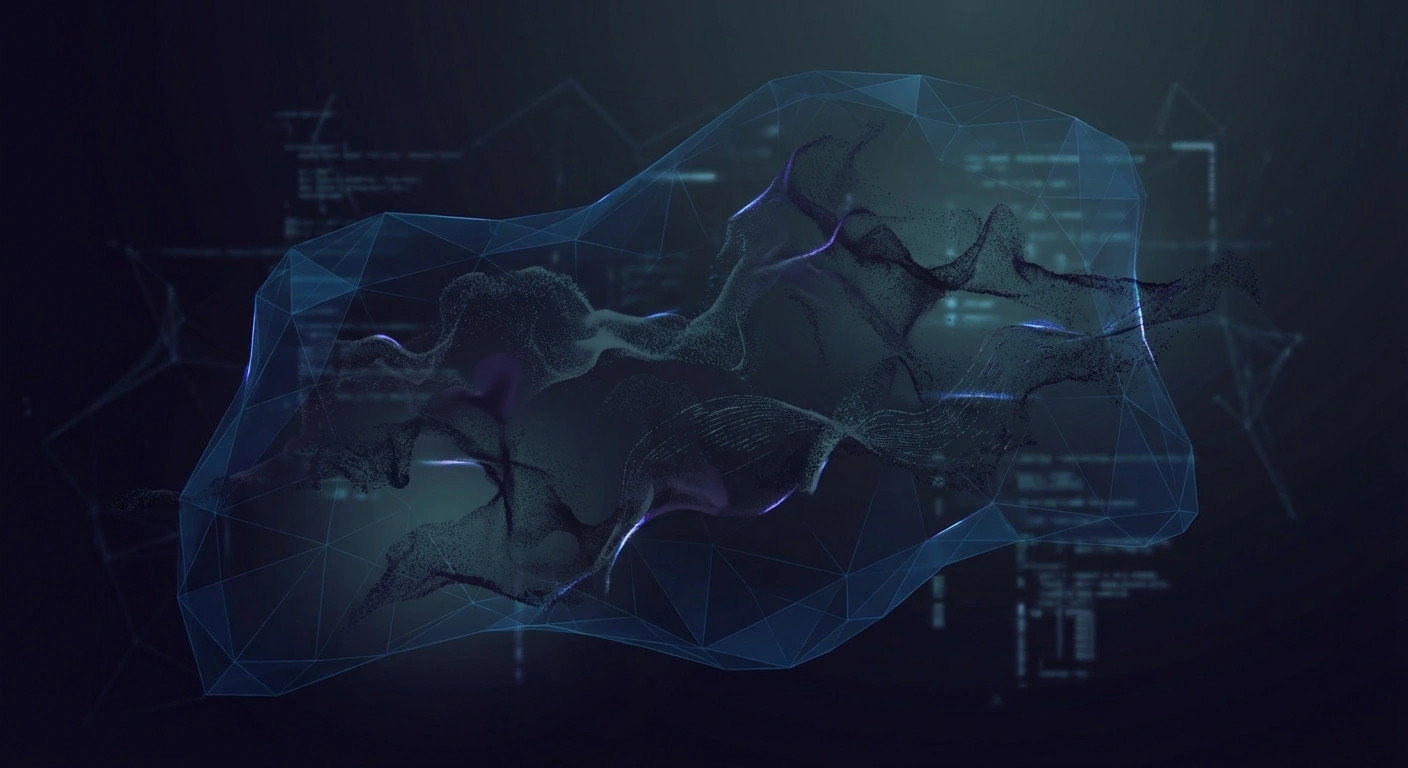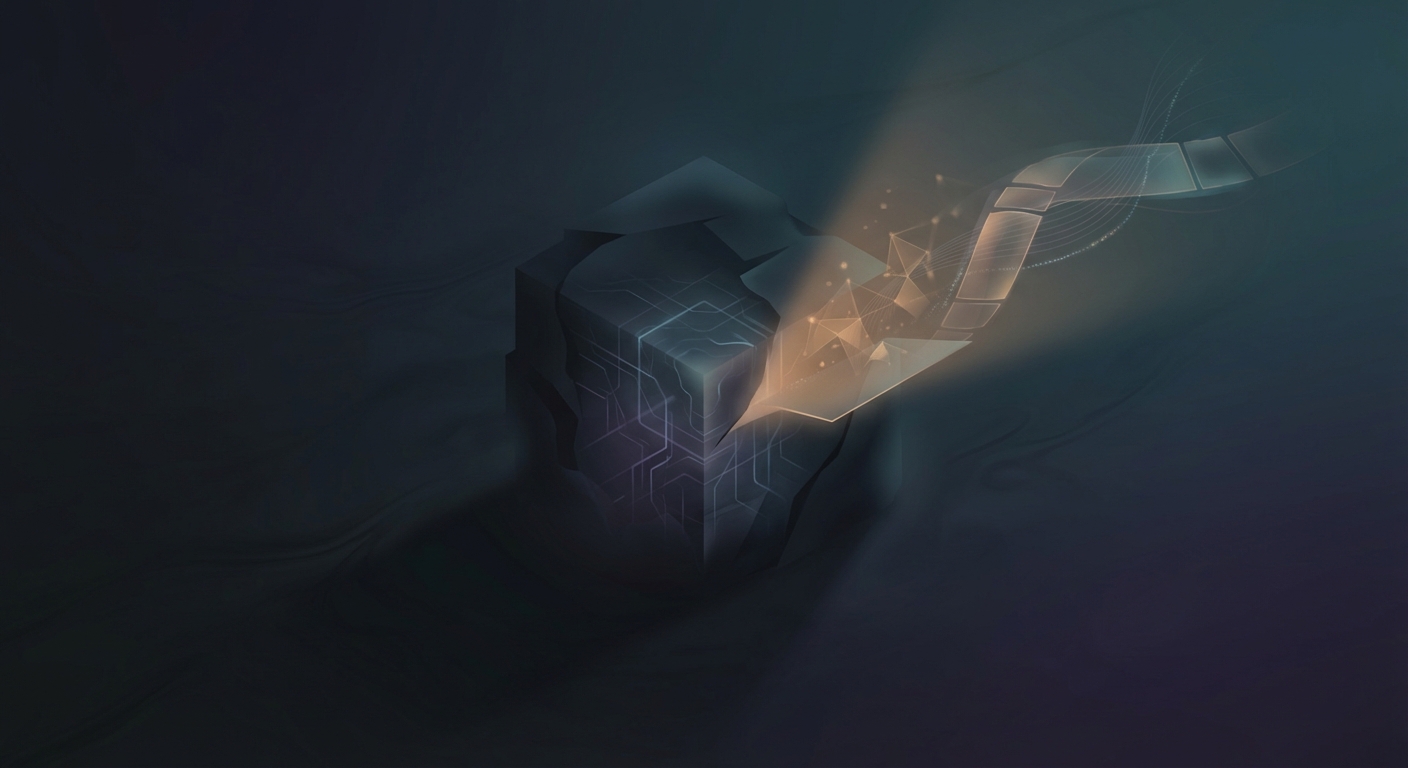Darknet Deepfake Services Drop to Alarming Price Points
Kaspersky research reveals deepfake creation services on darknet markets now cost as little as $10, making sophisticated synthetic media attacks accessible to anyone.
The democratization of deepfake technology has taken a concerning turn, according to new research from cybersecurity firm Kaspersky. Their investigation into darknet marketplaces reveals that deepfake creation services have become shockingly affordable, with prices starting as low as $10 for basic synthetic media manipulations.
This dramatic price reduction represents a critical inflection point in the synthetic media landscape. What once required specialized knowledge, expensive hardware, and sophisticated software can now be outsourced to anonymous service providers for less than the cost of a streaming subscription. The implications for digital authenticity and personal security are profound.
The Commoditization of Synthetic Media
Kaspersky's researchers discovered a thriving ecosystem of deepfake-as-a-service offerings on darknet forums and marketplaces. These services range from simple face-swap videos priced at $10-20, to more sophisticated offerings including:
- Real-time voice cloning services ($50-200)
- Full video deepfakes with synchronized lip movements ($100-500)
- "Premium" packages offering multiple angles and longer durations ($500-2000)
- Custom training on specific individuals with provided datasets ($1000+)
The pricing structure reveals how rapidly the technology has matured. Service providers compete on quality metrics like resolution, frame rate, and the believability of facial expressions. Some even offer "satisfaction guarantees" and revision services, mimicking legitimate creative marketplaces.
Technical Infrastructure Behind the Services
These darknet operations leverage several key technological advances that have lowered the barrier to entry. Cloud computing resources allow operators to rent GPU power on-demand rather than investing in expensive hardware. Open-source deepfake frameworks like DeepFaceLab and FaceSwap provide the technical foundation, while pre-trained models reduce the computational requirements for generating convincing fakes.
The service providers appear to be using streamlined workflows that automate much of the deepfake creation process. Customers typically provide source material - photos or videos of the target - and specify their requirements through encrypted communication channels. The turnaround time ranges from hours for simple face swaps to days for more complex productions.
Implications for Detection and Authentication
The accessibility of these services amplifies the urgency around developing robust detection and authentication systems. When anyone with $10 and malicious intent can create synthetic media, traditional trust models for video evidence begin to collapse. This poses particular challenges for:
- Legal systems relying on video testimony and evidence
- Corporate security dealing with executive impersonation
- Personal relationships vulnerable to revenge porn and harassment
- Political discourse during election cycles
The research underscores why initiatives like the Content Authenticity Initiative and C2PA standards are becoming critical infrastructure. As deepfake creation becomes commoditized, the ability to cryptographically verify authentic content becomes essential for maintaining trust in digital communications.
The Arms Race Intensifies
Kaspersky's findings highlight an uncomfortable reality: the offensive capabilities in synthetic media are currently outpacing defensive measures. While detection algorithms continue to improve, they face an uphill battle against increasingly sophisticated generation techniques available at commodity prices.
The cybersecurity firm recommends several defensive strategies, including implementing multi-factor authentication that goes beyond facial recognition, training employees to recognize deepfake indicators, and establishing verification protocols for sensitive communications. However, these measures feel like stopgaps in the face of such accessible technology.
The low cost of darknet deepfake services represents more than just a cybersecurity threat - it signals a fundamental shift in how we must approach digital content. When synthetic media creation becomes as accessible as photo editing, society needs new frameworks for establishing truth and maintaining trust. The challenge isn't just technical; it's a complete reimagining of how we verify authenticity in an age where seeing is no longer believing.
Stay informed on AI video and digital authenticity. Follow Skrew AI News.



